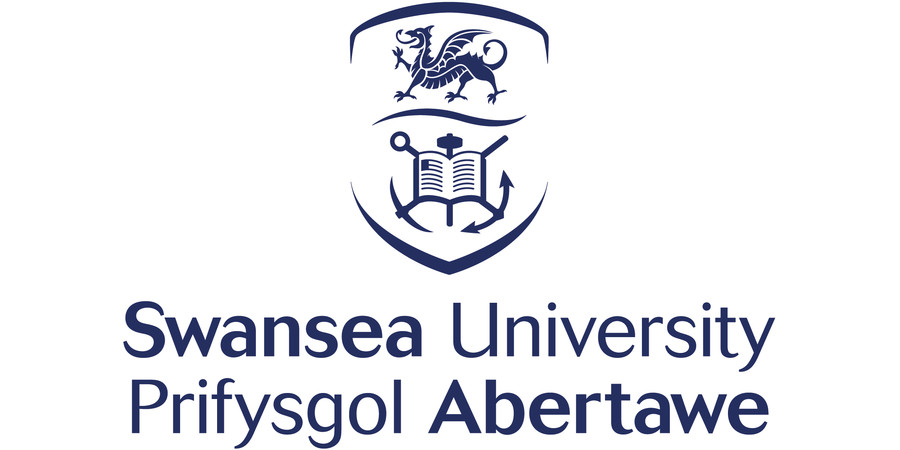Experimental Mechanics and Biomechanics: Fully Funded PhD Studentship in Medical Environments and Digital Image Correlation: Advancing Translation and Optimising Reliability (Medicator)
Swansea University - Experimental Mechanics and Biomechanics
| Qualification Type: | PhD |
|---|---|
| Location: | Swansea |
| Funding for: | UK Students, International Students |
| Funding amount: | £20,780 |
| Hours: | Full Time |
| Placed On: | 29th May 2025 |
|---|---|
| Closes: | 23rd June 2025 |
| Reference: | RS837 |
This project aims to enhance best practices in strain quantification for biomedical applications, facilitating the transition of image-based measurement methods from laboratory research to clinical practice.
Digital Image Correlation (DIC) is a well-established, non-contact optical technique used to measure motion and deformation. It provides comprehensive full-field deformation data, essential for analysing complex materials, structures and model validation. The DIC community has developed guidelines to ensure robust measurements, continually advancing standards through ongoing challenges.
In experimental mechanics, classical materials testing also benefits from a range of well-established methods. However, biomedical applications lack such a wealth of standardized protocols to address the diverse and challenging nature of heterogeneous biological materials and environments. This absence of guidelines extends to the application of DIC in biomedical contexts, limiting its potential. DIC holds significant promise for enabling non-contact measurements on delicate or sensitive structures, highlighting the need for standardized practices in this field.
If robust and reproduceable, DIC would transform the field, from tissue scaffold design in tissue engineering evaluation to surgery. The student will focus on establishing best practice for widespread applicability, building on past skin, heart, lung, brain and biomaterials research within the Lab. This experimentally focused PhD position will fit a wide range of application interests, suitable for applicants from all engineering and scientific backgrounds. The student will develop test protocols, in this highly interdisciplinary project, by leveraging collaborations across various Swansea University facilities to use DIC in both biomechanics labs and simulated clinical environments. The Biomedical Engineering Simulation and Testing (BEST) Lab will be the primary site of work led by Dr Arora with opportunities to work with Reconstructive Surgery & Regenerative Medicine Research Centre (ReconRegen) led by Professor Iain Whitaker, Advanced Imaging of Materials Facility (AIM) led by Professor Richard Johnston and Swansea University's Simulation and Immersive Learning Centre (SUSIM).
Further support from AIM will enable deeper insight to material performance and failure through a variety of imaging techniques including micro-CT and digital volume correlation (DVC). Expertise at ReconRegen and SUSIM will facilitate knowledge transfer and application of project outputs to clinical settings. ReconRegen create novel biomaterials and host a wealth of surgical expertise. SUSIM houses a state-of-the-art simulation theatre replicating real-world environments and materials ensuring high-quality simulation testing. This broad team and facilities will provide the ideal environment for the student to test their protocols and learn application requirements.
The student will develop novel medically bespoke protocols and toolsets for engineering measurements relevant to clinical settings. The project will be supervised by experts in DIC (Hari Arora), surgery (Iain Whitaker) and wider biomaterials imaging research at Swansea University (Richard Johnston), building on decades of research alongside DIC solution supplier (LaVision UK).
Funding duration - 3 years
Funding Comment
This scholarship covers the full cost of tuition fees and an annual stipend at UKRI rate (currently £20,780 for 2025/26).
Additional research expenses of up to £1,000 per year will also be available.
Advert information
Type / Role:
Subject Area(s):
Location(s):









